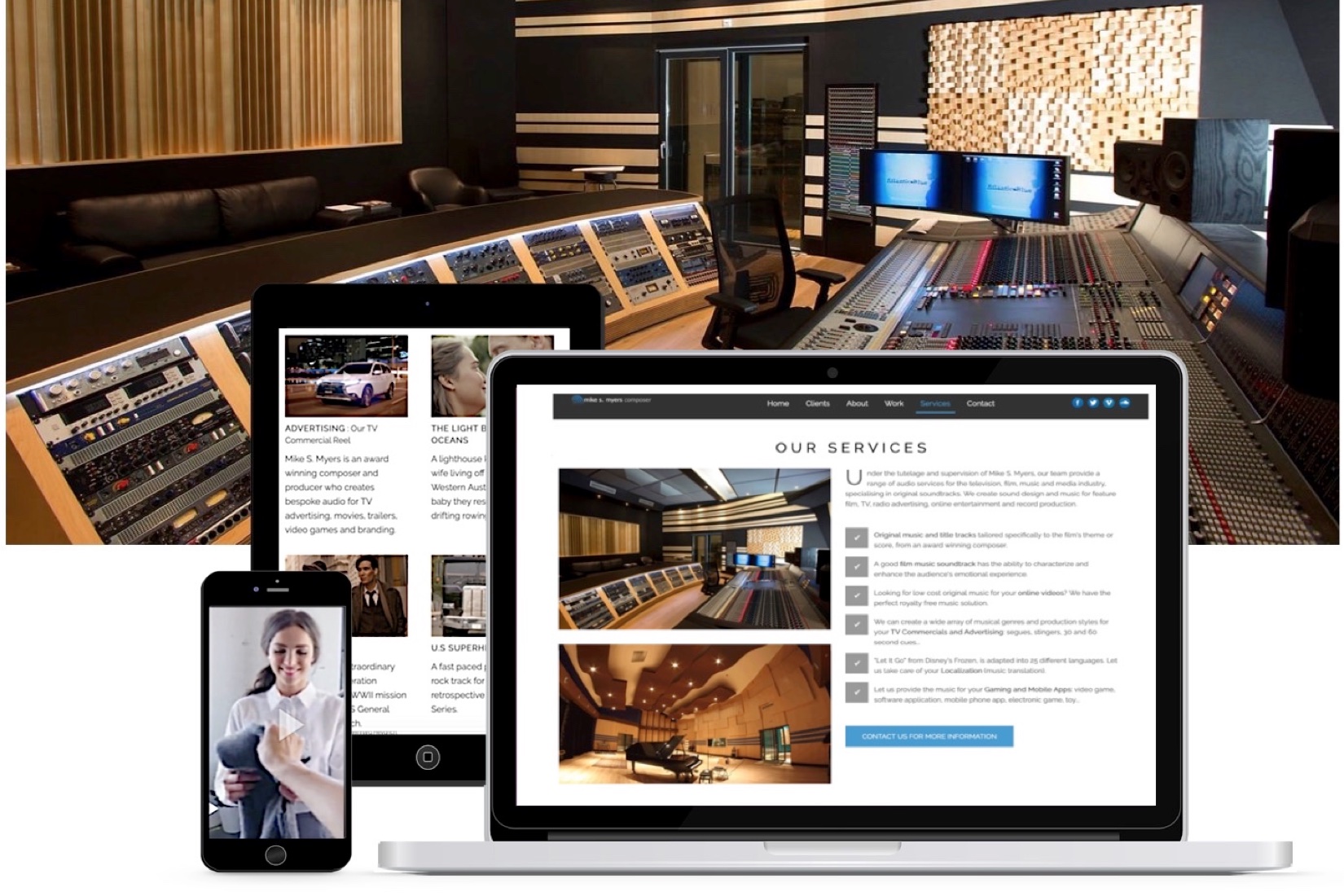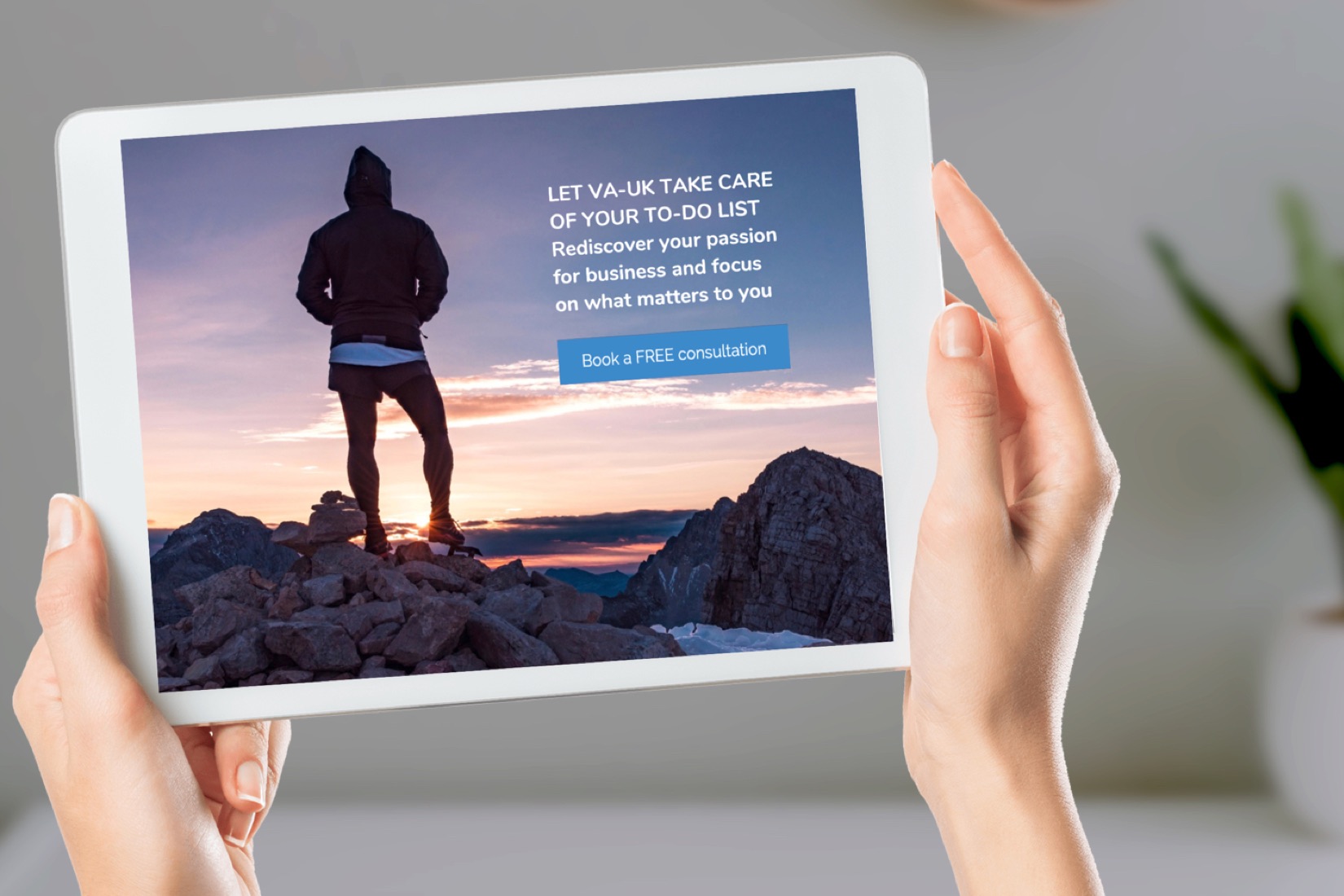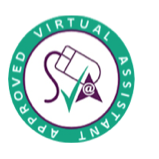Coronavirus: 5 tips when working from home
The Coronavirus outbreak COVID-19 has affected the lives of billions of people around the world. Thousands of businesses, both large and small, have closed their doors, encouraging their employees to work remotely to decrease the risk of potential infection.
For many, being able to work from home is something they've been dreaming about for a long time. There are indeed real advantages when working remotely, but there are also several things to think about. So if you're not self-isolating or have been told to work remotely, what's the best way to work efficiently and keep your spirits up? From the perspective of Nicky Myers the founder of VA-UK and a Virtual Assistant who's worked remotely for a long time, here are 5 tips to help you.

1. Get dressed for work
If you’re reading this while working from home - which many people are, as a precaution against the spread of COVID-19, you might be doing so dressed in your pyjamas. It’s easy to think that getting dressed is pointless, but think again. Despite all your instincts: you must not do this. You need to get dressed. More than that, there are benefits.
Taking a shower and getting properly dressed will not only improve your mental well-being, it will psychologically prepare you for work.
Exactly what you decide to wear is really up to you. If you feel more comfortable in jeans and a tee-shirt instead of a shirt and tie, that’s fine. Of course it depends on the nature of your job. Some of us prefer to dress formally and is expected, especially if you intend to have a video call with a client.
But for many others, being forced to shower and get dressed is too much. But changing out of clothes you associate with sleep and rest, even if that means just changing into a T-shirt and jeans - is better, increases motivation and prepares you for work. It's just like changing out of work clothes when you’re done for the day helps your brain understand that the working day is over.
2. Setting boundaries - A comfortable environment
If you're employed by a company, you may have set working hours and it's important to stick to these when you're working from home. Even though you may not be monitored closely, be prepared to start your working day and finish your day at the same time as you would normally. It’s very easy to say to yourself, it doesn’t matter if I have a late night - I don’t have to get up early in the morning. Go to bed at a reasonable hour so that you get sufficient sleep and then wake up at your usual time.
Once you're up and about, have a good solid breakfast. And although you don't have to rush to catch a train, bus or hop in a car, it’s helpful to maintain a fitness regime like scheduling a workout even though you’ll do that at home. It helps to maintain a ‘get up and go’ attitude. The first week may be challenging but eventually it’ll become part of your daily routine.
One of the hardest things is to set boundaries. At the end of a working day, switch off your computer, tidy away papers and ‘sign-off’. If you have the space, try to set aside a separate area where you can work - and remember - your sitting posture has a significant effect on your health, so it pays to invest in a chair which will give correct support while being comfortable.
If you are sharing a space with others, finding a space where you're not likely to be disturbed is also a help.
It's also important not to become too ‘over the top’ and anxious about working from home. People often tend to over do it when working from home - in case they’re seen to be slacking or feel that they’re being monitored. That's fine - but don't overdo it. Stay on the ball, fulfil what is expected of you - but keep yourself in check.

3. Try to get out in the fresh air (if you're not self-isolating)
When working from home it’s very easy to get hooked and stuck inside all day. While you might not miss your daily commute to work, try to get out and about at least once during the course of the day.
So put on your trainers, step outside and even if it’s for a few minutes, breathe in some fresh air. Even if all you do is cycle or walk around the block, a change of scene can help restore mental blocks and give you a fresh perspective with something you might be struggling with.
4. Engage
At work you're more likely to engage with colleagues but when you're working from home, you could spend the entire day without speaking to anyone which can be isolating. If you are working from home and so that you don't feel like you are alone, try putting the radio on or playing some music in the background. Even if it’s voices or background noise, this sometimes helps.
On the other hand, if you have a busy household you might be looking forward to some peace and quiet, so make sure everyone around you knows when they can and can't disturb you.

As it's easy to spend the entire day without speaking to others, it's a good idea to call work colleagues or perhaps friends for a quick chat.
Make time to pick up the phone and have a real conversation, rather than rely on email and instant messaging.
More and more people nowadays rely on email and messaging apps instead of picking up the phone and talking. When you spend most of the day working alone, calling people and having a real conversation can be uplifting and mentally stimulating rather than answering a stream of emails.
It’s good practice to engage in conversation for at least 30 minutes a day whether it’s on the phone or via video calls, Facetime, Skype and others.
Whether it’s about business or about nothing in particular, it’s important to engage and stay socially connected.
5. Take routine breaks
It's good to have a routine when you're working from home, but work shouldn't feel tedious and become monotonous.
It’s widely accepted that short breaks throughout the day are more beneficial than less frequent, longer breaks.
And you shouldn't stay glued to your screen all day. It's important to take regular screen breaks, get up from your desk and move around just as you would in an office. Keep yourself hydrated at all times and have something nutritional nearby to maintain your concentration levels. Choose what works best for you.

It's lunchtime! There's no need to queue up for a sandwich or make small talk with people at your desk. Move away from your laptop, sit down and enjoy whatever you fancy. Put your feet up and relax. It's your break so do what you like with it.
And finally…
Before thinking about ending for the day - communicate with your colleagues. Is there anything else you can do? Is there anything they need? Ensure nothing is left to chance before you log off for the day.
When you’re done, you’re done
And relax. Well, not quite yet. Log out, pack up whatever you need to do to finish for the day. Leave no trace of work that will tempt you to return. Now take a deep breath. Go ahead, you've earned it.
Nicky Myers - Virtual Assistant and founder of VA-UK

Need Help?
Get in touch
Thanks for taking the time to read this. Please feel welcome to give us your thoughts by contacting us.



















